Why/How Does sandpaper/ScotchBrite help marble etches??
12 years ago
Featured Answer
Sort by:Oldest
Comments (10)
- 12 years ago
- 12 years ago
Related Professionals
Bonita Kitchen & Bathroom Designers · Hybla Valley Kitchen & Bathroom Designers · Montebello Kitchen & Bathroom Designers · Mount Prospect Kitchen & Bathroom Designers · South Farmingdale Kitchen & Bathroom Designers · Cocoa Beach Kitchen & Bathroom Remodelers · Las Vegas Kitchen & Bathroom Remodelers · North Arlington Kitchen & Bathroom Remodelers · Roselle Kitchen & Bathroom Remodelers · Salinas Kitchen & Bathroom Remodelers · Sweetwater Kitchen & Bathroom Remodelers · Vienna Kitchen & Bathroom Remodelers · Casas Adobes Cabinets & Cabinetry · Aspen Hill Cabinets & Cabinetry · Billings Cabinets & Cabinetry- 12 years ago
- 12 years ago
- 12 years ago
- 12 years ago
- 12 years ago
- 12 years ago
- 12 years ago
Related Stories
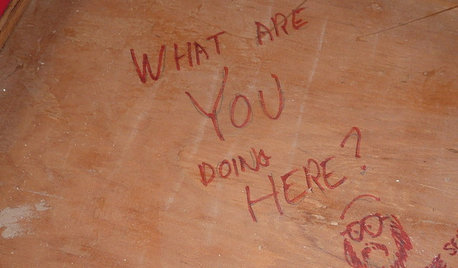
FUN HOUZZDoes Your Home Have a Hidden Message?
If you have ever left or found a message during a construction project, we want to see it!
Full Story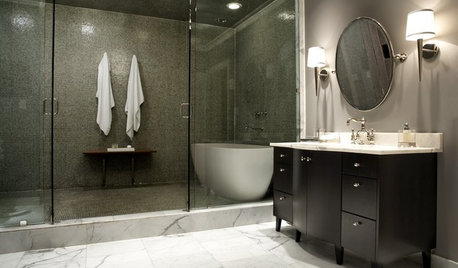
KITCHEN DESIGNUsing White Marble: Hot Debate Over a Classic Beauty
Do you love perfection or patina? Here's how to see if marble's right for you
Full Story
HOUSEKEEPINGHow to Clean Marble Countertops and Tile
Acidic solutions can damage your marble surfaces. Here’s how to keep marble looking clean and amazing
Full Story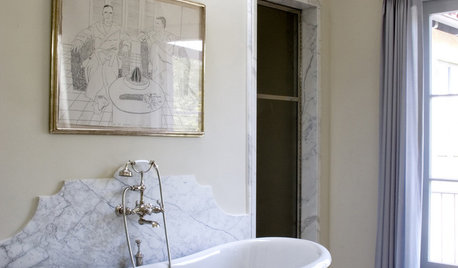
MATERIALS10 Modern Marble Looks
Marble has broken free of the standard kitchen countertop slab and is showing up on bathtub backsplashes, modern dining tables and more
Full Story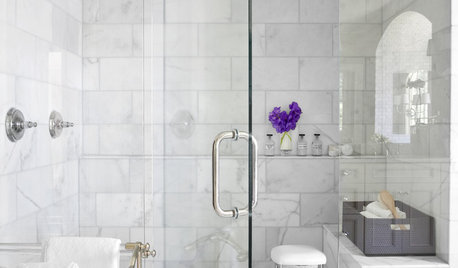
REMODELING GUIDESWhy Marble Might Be Wrong for Your Bathroom
You love its beauty and instant high-quality appeal, but bathroom marble has its drawbacks. Here's what to know before you buy
Full Story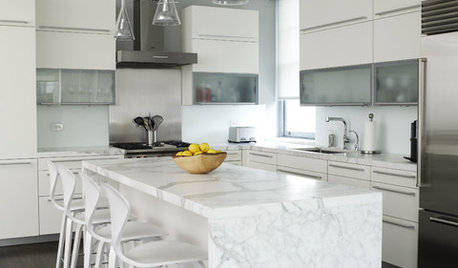
REMODELING GUIDESCarrara vs. Calacatta Marble: What Is the Difference?
The answer is in the color and veining of these popular Italian marbles
Full Story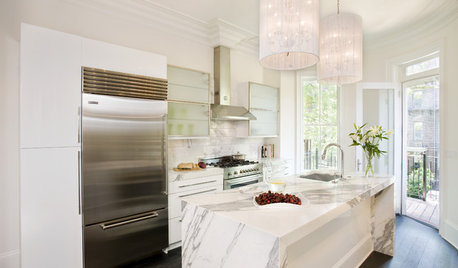
KITCHEN DESIGNKitchen Counters: Elegant, Timeless Marble
Ever classic and with unrivaled beauty, marble countertops bespeak quiet luxury in the kitchen — with a few caveats
Full Story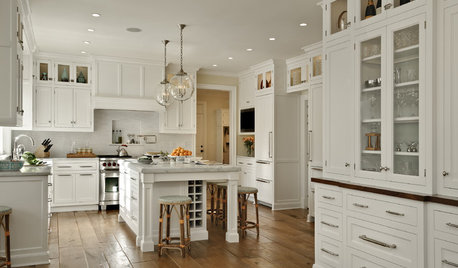
KITCHEN DESIGNDream Spaces: 12 Beautiful White Kitchens
Snowy cabinets and walls speak to a certain elegance, while marble counters whisper of luxury
Full Story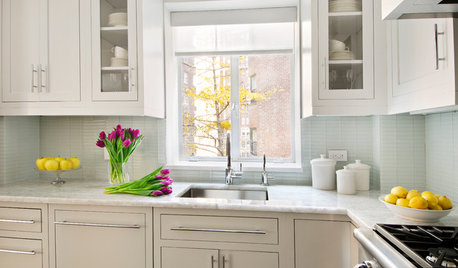
KITCHEN COUNTERTOPSKitchen Counters: Quartzite Offers Strength and Beauty
Eye-catching patterns and a natural pedigree make durable quartzite a popular alternative to granite and marble
Full Story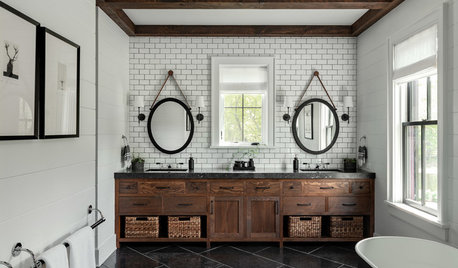
BATHROOM DESIGNBathroom Workbook: 7 Natural Stones With Enduring Beauty
Not everyone wants a marble bath. Bring organic warmth to counters, walls or floors with these hard-wearing alternatives
Full Story








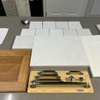
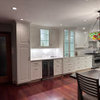

mihelene